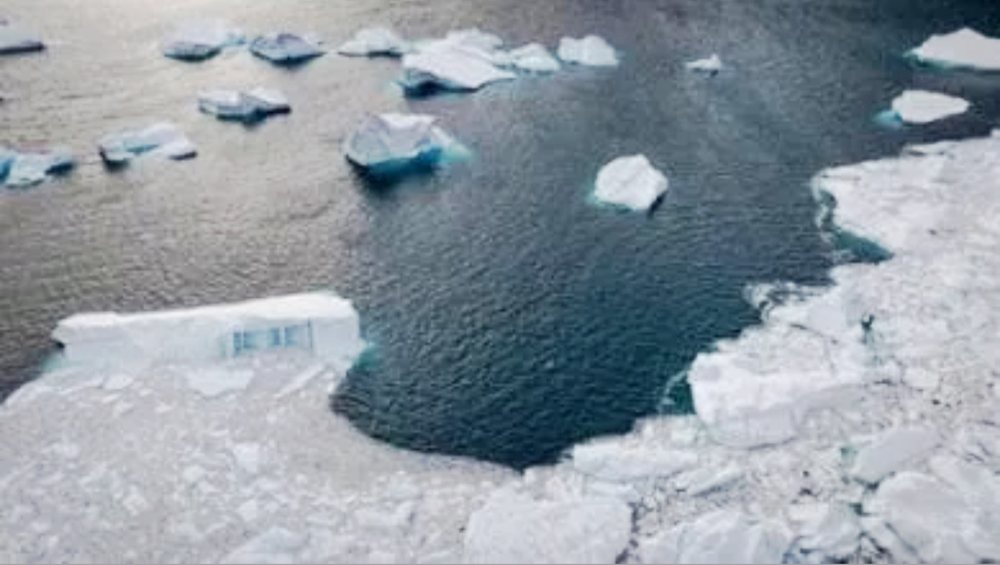
A new study shows an increase in heavy metals, 10 times higher than 40 years ago. And the number of tourists to the South Pole has increased from 20 thousand to 120 thousand in twenty years. With catastrophic consequences for the melting of glaciers.
Already battered by global warming, Antarctica is increasingly under pressure from tourism and scientific research, according to a study published in Nature Sustainability. In areas where there is human activity, the concentration of fine particles containing heavy metals is ten times higher than four decades ago. Over the past two decades, the number of tourists to the region has increased from 20,000 to about 120,000, according to the International Association of Antarctic Tour Operators.
Climate secrets inside a 1.5 million-year-old ice core
“The increasing human presence in Antarctica raises concerns about pollution from vehicle fuel combustion, especially particulate matter containing chromium, nickel, copper, zinc and lead,” the study says. Tourist boats use fossil fuels, which produce fine particulate matter. These particles accelerate snowmelt, says Raul Cordero, a scientist at the University of Groningen in the Netherlands and co-author of the study.
"The snow in Antarctica melts faster because of the presence of polluting particles in areas frequented by tourists," he explained in a telephone interview with AFP from Santiago. "Just one tourist can contribute to accelerating the melting of about 100 tons of snow," he assured.
The tourist is not always right.
A team of researchers from countries including Chile, Germany and the Netherlands have traveled about 2,000 kilometers to Antarctica over four years to measure the level of this pollution. Heavy metals have also increased due to scientific expeditions, which due to longer stays have an impact that can be up to 10 times greater than that of a tourist, the expert points out.
The study also acknowledges "progress" in protecting Antarctica, such as banning the use of heavy fuel oil (petroleum derivatives), and the use of hybrid ships that run on electricity and fuel. However, "to reduce the impact of energy-intensive human activities in Antarctica, it will be necessary to accelerate the energy transition and limit the use of fossil fuels, especially near sensitive areas," the study notes.
Penguin islands also targeted by Trump tariffs
Antarctica is rapidly losing mass due to global warming. According to NASA, since 2002, the white continent has been losing 135 billion tons of snow and ice every year.






















